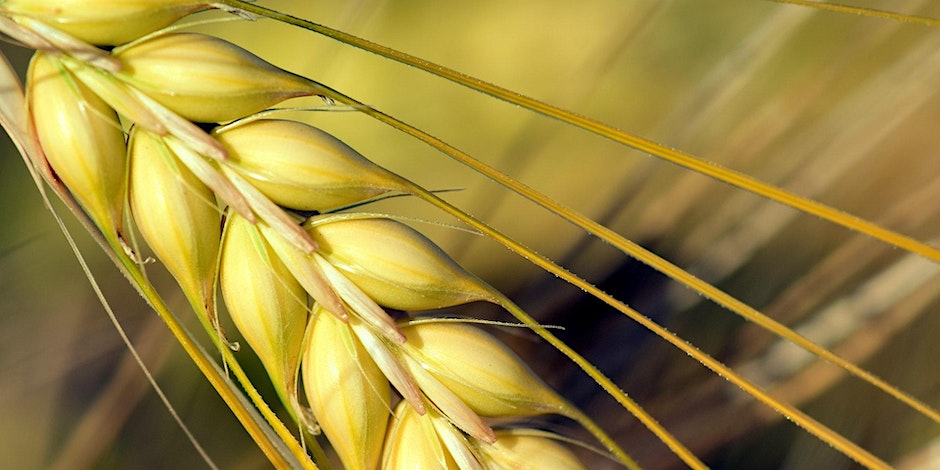When: Thu, 5 Sep 2024 14:00 – 15:30 BST
The International Barley Hub is pleased to announce the next in the 2024 series of seminars: ‘Malting Barley Breeding progress in Argentina under differing environments’ Presented by Dr Daniel Miralles (Chair of School of Agriculture UBA, Senior Researcher Department of Plant Production, IFEVA, CONICET)

Speakers bio:
Daniel Miralles
Is a Full Professor in the School of Agriculture at the University of Buenos Aires and a researcher at CONICET-IFEVA (Argentina) and Senior Researcher at CONICET-IFEVA (Argentina). He obtained a Ph. Degree at the University of Buenos Aires and a Post-doc at CSIRO Plant Industry (Australia). The objective of the research group that I coordinate at the University of Buenos Aires (UBA) is to understand the functioning of winter crops in order to apply that knowledge to Breeding improvement and crop management variables.
His expertise is focused on crop physiology of yield and grain quality, carbon and nitrogen relationships working in wheat, barley and Brassicas crops. Dr Miralles has published more than 100 papers, 5 edited books and 31 book chapters
Summary:
Argentina is the main exporter of barley malt in Latin America. Understanding the main variables that modified grain yield breeding progress in barley offers an alternative for increasing grain yield and meeting the future demands of the industry. However, there have been no recent studies evaluating the genetic progress in barley varieties released in Argentina. The aim of this study was to investigate the physiological mechanisms behind the genetic yield improvements reached in 2-row malting barley cultivars launched in Argentina between 1982 and 2019. Field experiments were conducted by sowing the ten most relevant cultivars released to the local market during the last 40 years on contrasting dates, with a completely randomized design with three replications for each sowing date. The magnitude of the genetic progress (absolute or relative) depended on the environmental conditions, ranging from no progress in late sowing dates to 97 kg ha-1 y-1 (1.1% y-1) under optimal sowing dates. In the presentation, we will discuss the physiological basis behind the yield progress.

